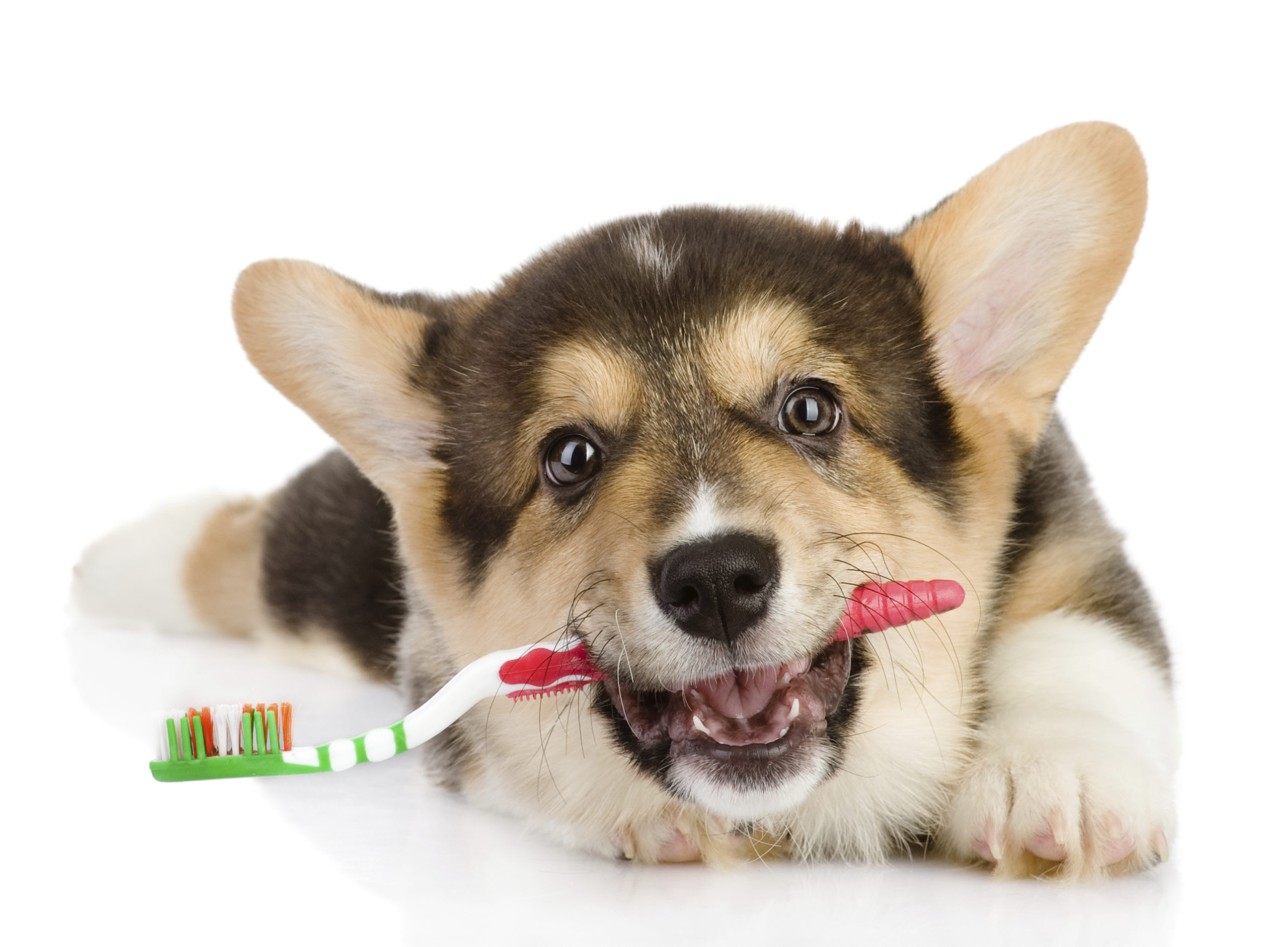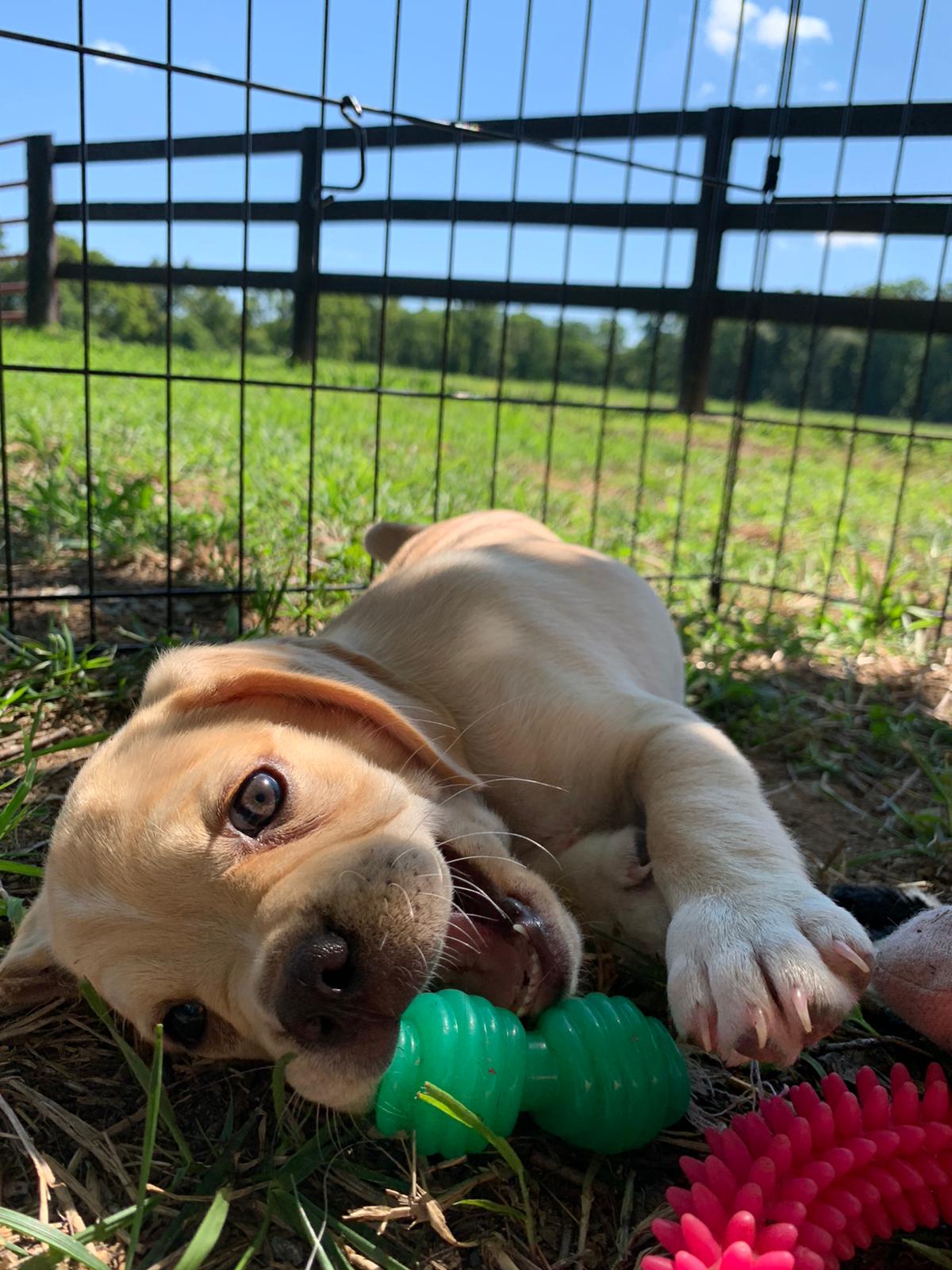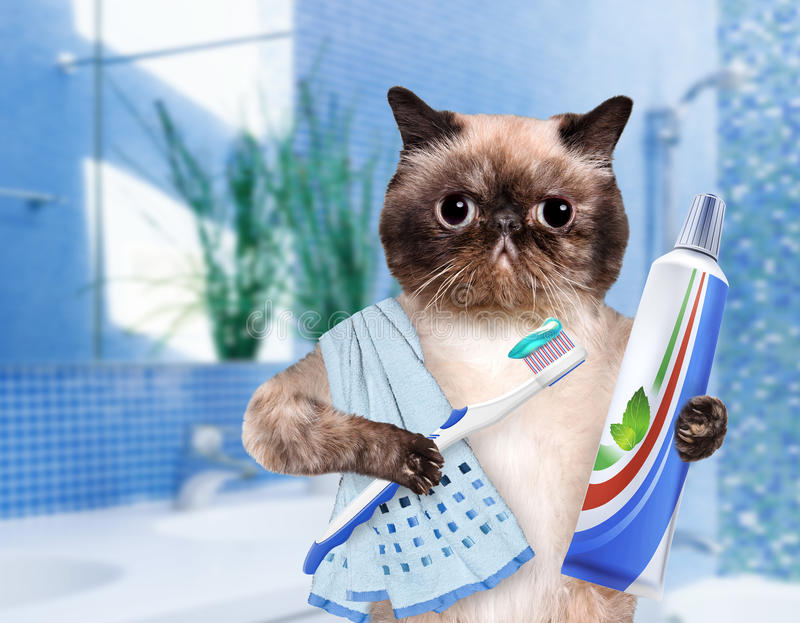Pet Dental FAQ's
Which pets are at risk for dental problems?
Any dog or cat over 3 years of age has a 70-80% chance of having periodontal disease, making this the number one ailment affecting our pets. Our feline friends may suffer the additional problems of stomatitis and odontoclastic resorptive lesions.
What’s at stake?
Periodontal disease can lead to tooth loss but can also impact a pet’s overall health. If left untreated, this common condition causes pain, inflammation, and may cause organ damage and a shortened life span.
What are the symptoms?
Sometimes very little! Pet owners often notice bad breath but assume if their pet is still eating, they do not have dental disease. Not so! And because your pet’s teeth may be hard to examine at home, dental problems are often only discovered during a veterinary visit. In fact, it is difficult for us to assess the extent of disease until whole mouth digital dental radiographs have been taken and the teeth are fully examined under anesthesia.
How does periodontal disease happen?
Everyday bacteria form an invisible layer over the teeth called plaque. If this “daily dose” of plaque is left undisturbed, a thick, hard matrix of bacteria and minerals called tartar develops. The bacteria associated with plaque release toxins, causing inflammation and infection. Infected gum tissue causes gingivitis and gum recession. This can proceed to bone infection, which causes bone loss around the tooth root and which loosens the tooth.
Is it possible that home dental care can help my pet?
Yes! If your pet is a puppy or a kitten, gently start training them to allow mouth handling. Gradually add dental wipes and introduce brushing when they are done teething.
If your pet is an adult, a veterinarian should examine your pet prior to starting dental home care. Because dental conditions are often painful, it is important to address existing problems with a dental treatment first.
What is dental home care?
Dental home care is aimed at removing plaque and includes dental wipes, chews, tooth brushing, and water additives. It should be tailored to each situation but should be started early in life and done daily for the best effect.
Which products are best?
Choose from products tested by the Veterinary Oral Health Council (VOHC) found on www.vohc.org . Avoid offering bones, antlers, hooves, or hard nylon toys which can cause tooth fractures.
If I do home dental care does that mean my pet will never require dental treatment?
No, but dental home care can reduce the frequency of dental treatments and plays a very important part in caring for your pet. By providing dental home care and dental treatments, you are helping to prevent periodontal disease, significantly contributing to your pet’s comfort and longevity.
Dental Treatments
If it has been recommended that your pet have dental treatment, do not despair! This is your chance to treat periodontal disease and start home dental care, helping your pet live a longer and healthier life.
Prepare by considering lab work to help us assess your pet’s health and to tailor anesthetic protocols.
Modern dental anesthesia involves a multimodal approach to minimize risk. Patients are monitored with blood pressure, ECG, heart rate, respiratory rate, body temperature, and end-tidal CO2. They are supported with IV fluids, warming devices, and lots of TLC from our dedicated and experienced veterinary team.
The cost of dental treatments include:
- In-hospital care and monitoring for the day
- Pre-op physical exam
- Pre-op anesthesia
- IV catheter
- IV fluids
- Antibiotic injection, if needed
- Anti vomiting, anti nausea medication injection
- Induction anesthesia
- General anesthesia
- Anesthetic monitoring by machines, Veterinarian, and Licensed Veterinary Technician
- Oral exam
- Nerve blocks, if needed
- Whole mouth Digital Dental Radiography
- Hand scaling
- Ultrasonic scaling
- Sub gingival curettage
- Polishing
- Charting
- Post-op pain medication injection if needed
- Post-op care includes warm bedding, snacks, walks, and lots of love!
- Recheck appointment if needed
- Dental kit for home care
Additional charges are needed in the case of extractions, surgical extractions, and prescribed medications.
We refer special cases to :
Mary Buelow DVM, DAVDC
Animal Dentistry and Oral Surgery
165 Fort Evans Rd NE #106
Leesburg, VA
571-209-1146
https://animaldentalspecialist.com/mary-buelow-dvm-davdc/
For more questions or to schedule your pet’s dental treatment call us at 540-364-4954




